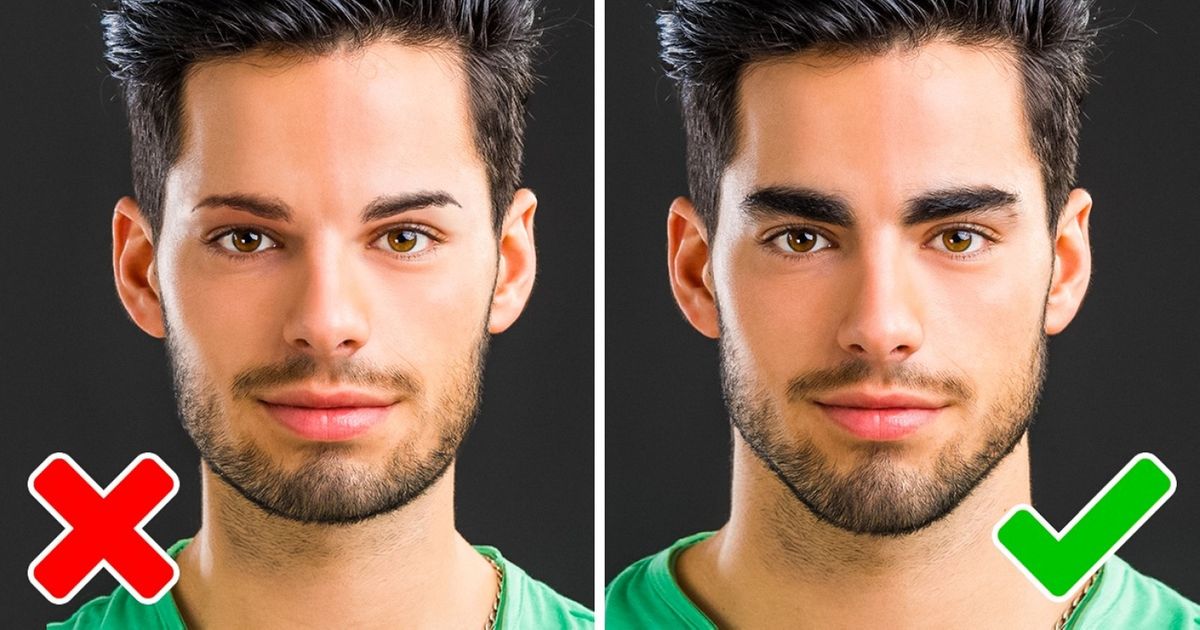My Body, I'm Happy! (Module 4)
How do you see you own body?
It is undeniable that we experience changes caused by hormonal activities in our adolescence stage - emotional, physiological, cognitive, physical, and social changes. However, it is the stage in life where we are mainly concerned with our physical appearance and how others see us. At the onset of puberty, adolescents may experience a constant reconstruction of their perception towards their bodies, provoking either an increase or decrease in that individual's self-esteem. Therefore, this stage of life can be challenging to some.
How we see our own body and the thoughts and feelings we have with our physical self is referred to as our body image. It is an embodiment of oneself, including one's self-perceptions and self-thoughts, beliefs, and behaviors. However, not all have a positive body image of themselves. For example, in adolescence, physical changes can be difficult and awkward, causing some to feel unhappy. In return, this causes the dwindling of one's self-confidence and self-esteem that leads to a negative body image.
An individual can still have a negative body image, even beyond the adolescence stage. The community we engage in, the situations we are in, the peers we surround ourselves with, and the expectations set by the culture are all contributing factors to our body image. What others perceive about us can significantly impact our self-esteem, and eventually, our body image.
What I learned:
We often give high regard to what others would say to us. We know that "the gaze" is the dominant disciplinary power of society, and its existence will always influence how we perceive ourselves. It will dictate what beauty standards are accepted and what are not in terms of body size, complexion, facial features, fashion, etc. As these constructed standards are not necessarily true, they actually significantly influence our body image.
Reflection:
I don't have to look up to the gaze and fit in the conventional standards for men. Yes, others will always have what they think about my body, but that should not matter how I see and carry myself. What matters is that what my body does for me and others. In fact, I am grateful for my body because I can hold the people I love. I can converse to anyone I meet. I can walk to places I like. I can express myself comfortably.



Comments
Post a Comment